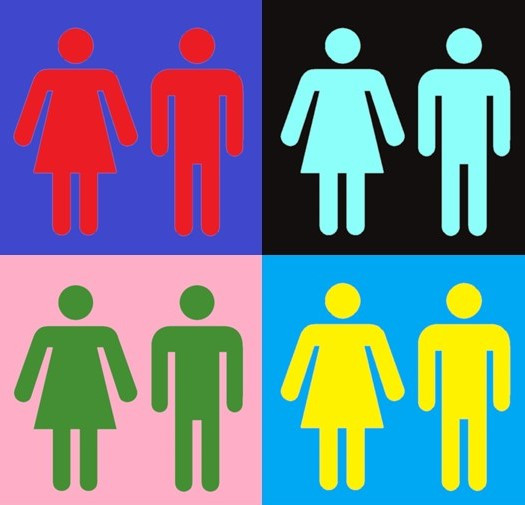Sheffield’s Pioneering Mixed Abuse-Survivors’ Groups
Posted 7th of December 2022 by Bay Whitaker

Last month I was excited to read in Therapy Today, our trade journal, about experiences from SRASAC's therapy groups where survivors of sexual abuse of different genders have been working and healing together. (SRASAC stands for Sheffield Rape and Sexual Abuse Centre, and is a charitable organisation set up to support survivors.) In fact I had worked there myself many years ago, and at that time, they only offered counselling to women. So I was really interested to learn about this change. The writer, who also was one of the first counsellors leading the mixed gender groups, is Sarah Morley and she agreed to be interviewed by Sheffield Central Counselling to tell us about her experience of starting this mixed-gender service:
SCC: SRASAC is a well established service for survivors of rape and sexual abuse in Sheffield and for many years it only provided therapies to women, can you tell us a bit about how long men have been using the service and how that came about?
SM: SRASAC opened its doors to men (and all genders) in 2016. This came about as we were getting more and more referrals from men. The stigma and shame around having endured abuse is massive and, if it’s possible, this was even higher for men. The silence around sexual abuse of men has been deafening, to the point that many in society did not even believe it existed.
With the unlocking of survivors’ voices following the Jimmy Saville scandal, survivors from all genders began to come forward and the taboo in talking about it seemed to be lifted slightly. SRASAC was primarily set up by women for women but as the board realised that sexual abuse affects all genders they wanted to extend the service.
SCC: What kinds of risks were considered before offering a mixed therapy group - I note that the group was held over zoom: could a mixed group even have happened if the group was in person?
SM: The main risk considered was in how it could potentially put our female clients off from attending. Our male clients were seemingly happier to attend a mixed group as they were often fearful of all male settings and welcomed that being broken up by women. However, we decided to run the risk as in some ways it was no different to the fear for survivors entering any group arena. As soon as someone steps into a group at SRASAC they are disclosing something they usually keep hidden. As most survivors report feeling like they have a sign above their heads that makes them feel visible (and vulnerable), running groups at all usually involves a lot of reassurance before attending. The mixed group was no different.
Similarly, the group being online, may have allayed some peoples’ initial fear of being hurt or humiliated if attending in the flesh but we prefer to address and reassure clients that whether we meet online or in person they can expect to be held with attuned care. Their consent will be sought and respected about anything they are invited to do or say or have suggested to them. This is at the heart of the philosophy at SRASAC no matter what the setting.
SCC: Your article describes the experience of mixed therapy groups as potentially challenging to our prejudices about men as perpetrators - what has made that feel important as an outcome, and was it expected?
SM: I think this outcome was really gleaned from the men only groups. The men in those groups were often frightened of other men, in exactly the same way our women clients were. In our women only groups, in some ways we inadvertently collude with the idea that all men are dangerous by keeping men out. It would be far too traumatising for the women to have to deal with a man! We didn’t have that option in our men only groups and what we learned there was that although fear was high amongst the men at first, they actually really benefited (and it was utterly delightful to witness) from having nourishing, supportive relationships with other men. This in itself seemed to bring down fear of men. Why would we deny that opportunity to any of our clients, male or female?
SCC Thanks so much for telling us about this Sarah. Is there anything else you'd like to mention?
SM: Mixed gender groups do not need to run in competition with single sex groups. There is a place and space for all. Perhaps our job as therapists is to ‘cut the cloth’ to suit the client rather than expecting clients to fit into pre-set structures or cultural norms. The greater the diversity of therapeutic places and spaces the more likely we are to offer something suitable for everyone. SRASAC is a very dynamic and forward thinking place to work and it’s been a privilege to have done this work there in such a supportive environment.
